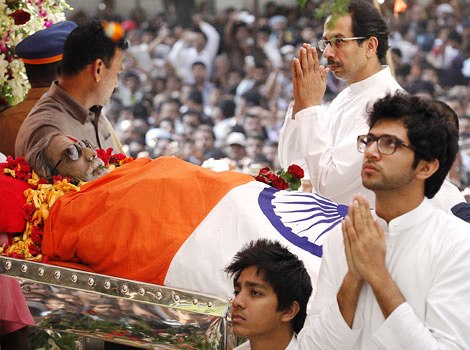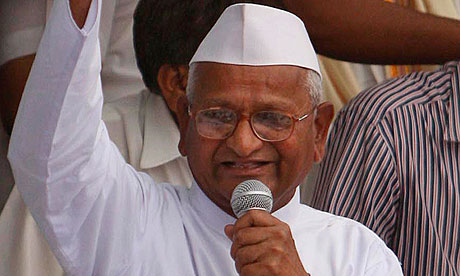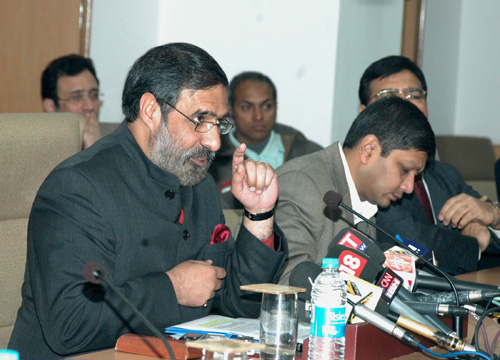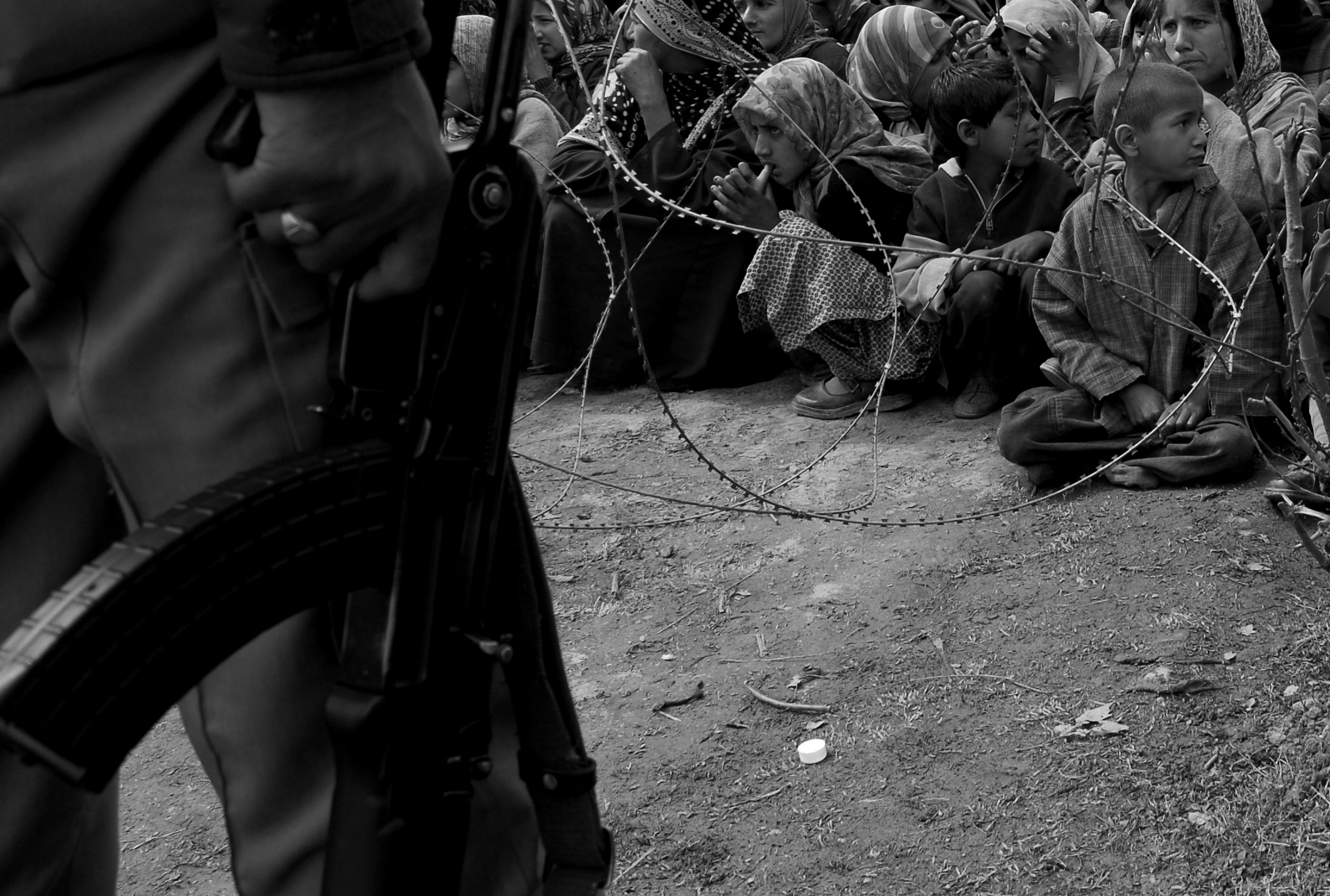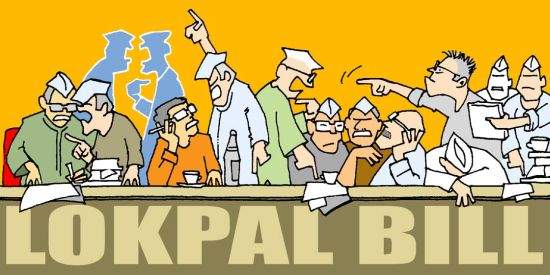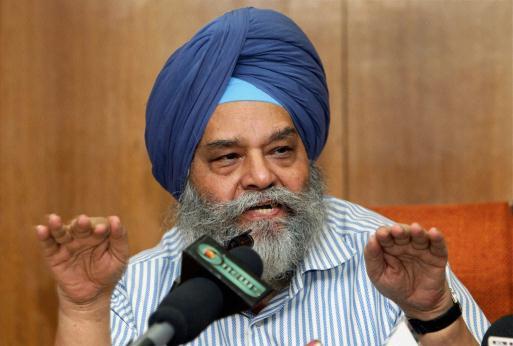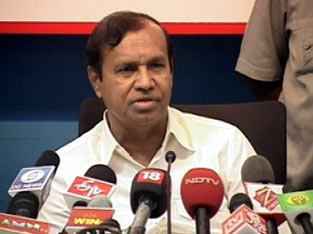Are we Living in a Democracy or Not?
Shahnawaz Alam for BeyondHeadlines In his second letter to the Chief Minister…
Delhi Police Allows Anna to Sit on Fast for 7 Days at Ramlila Ground
BeyondHeadlines News Desk New Delhi: The Delhi Police finally accepted most of…
There Are Enough Laws to Tackle Black Money; Parliament Cannot Take Dictation From Self-Appointed Crusaders: Union Commerce and Industry Minister
BeyondHeadlines News Desk New Delhi: Making an attempt to rescue the government…
Ramdev Row: Hazare to Launch One-Day Nationwide Hunger Strike on June 8, His Team to Boycott Joint Committee Meeting to Draft Lokpal Bill
BeyondHeadlines Staff Reporter New Delhi: Veteran Gandhian Anna Hazare has made his…
Life in Kashmir- a Fight For Survival
Nazneen Haider for BeyondHeadlines Describing life in Kashmir will never…
Corruption, Jan Lokpal Bill and the Rule of Law
Navaid Hamid for BeyondHeadlines Corruption has become a major issue of concern…
Supreme Court Directs Govt to File CBI Report on Prasar Bharati CEO BS Lalli Case
BeyondHeadlines News Desk New Delhi: The Supreme Court today directed the government…
DMK Likely to Withdraw Support Tomorrow
BeyondHeadlines News Desk New Delhi: Dravida Munnetra Kazhagam (DMK) announced today it…

